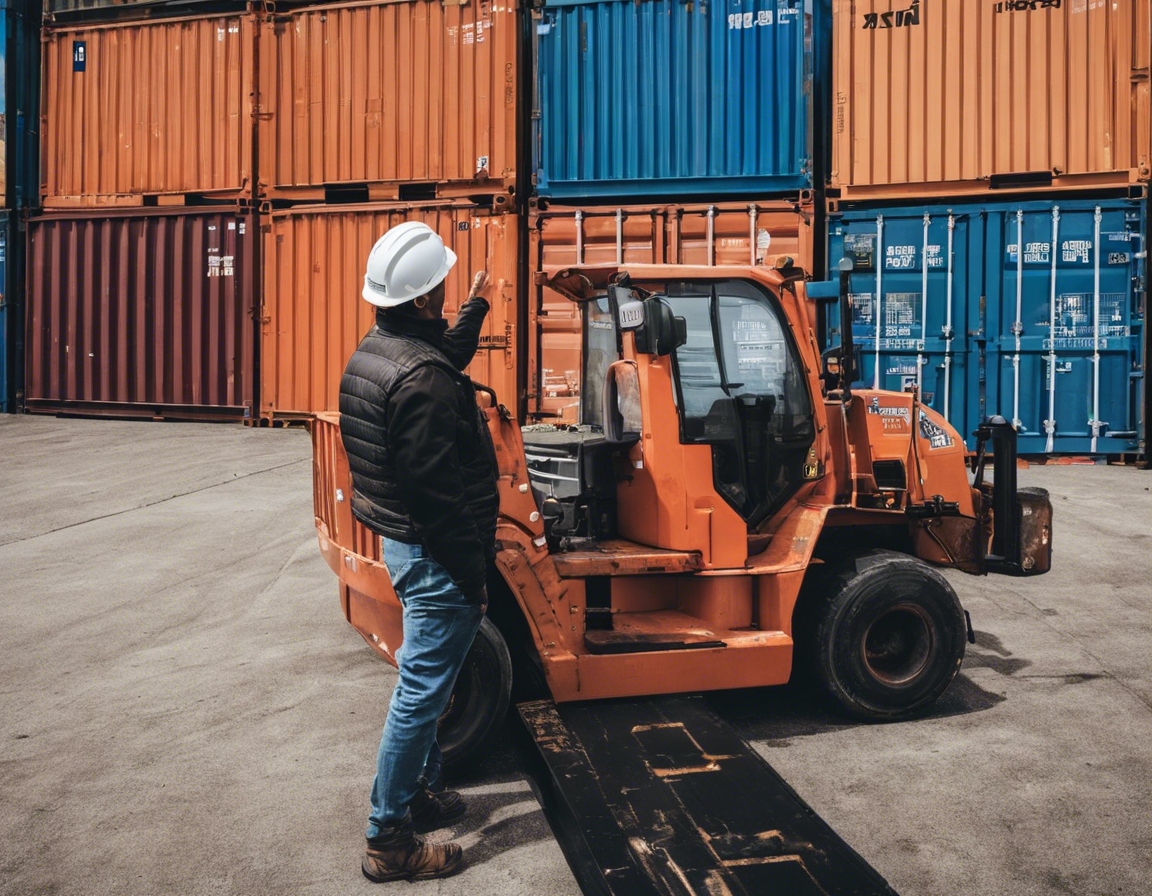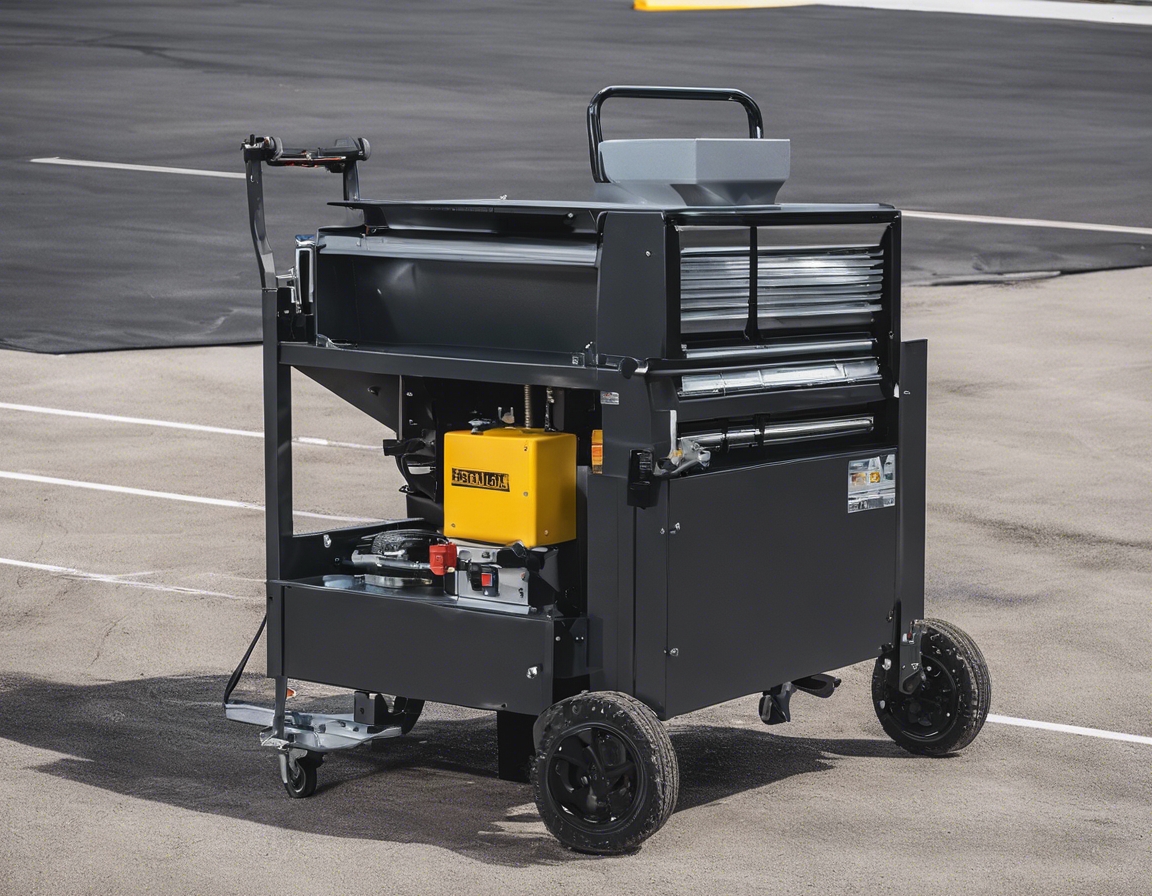How to choose the right container for your business
Before diving into the vast sea of container options, it's crucial to understand the specific needs of your business. Whether you're in logistics, retail, construction, or event organizing, identifying the purpose, duration, and frequency of container use will guide your decision-making process.
Containers come in various shapes, sizes, and materials, each serving different purposes. From standard shipping containers for transport to specialized refrigerated units for perishable goods, knowing the types available is the first step in making an informed choice.
Factors to Consider When Choosing a Container
Size matters when it comes to containers. Selecting the right capacity ensures efficient space utilization and cost-effectiveness. Consider the dimensions and volume of goods you plan to store or transport to determine the appropriate size.
The material of your container impacts its durability and suitability for certain goods. Steel containers offer strength and security, while aluminum might be preferred for lighter weight. Assess the nature of your cargo and environmental conditions it will face.
Protecting your assets is paramount. Look for containers with robust locking systems, tamper-proof seals, and possibly advanced security features like GPS tracking, especially if transporting high-value items.
Customization can transform a standard container into a tailored solution for your business. Options such as shelving, insulation, and ventilation can be crucial for specific storage or transport needs.
Consider how the container will be moved between locations. Features like forklift pockets and corner castings are important for logistics companies needing to maneuver containers regularly.
Cost Considerations
Deciding whether to buy or rent a container is a significant financial decision. Purchasing may be cost-effective for long-term use, while renting can be advantageous for short-term or one-off events.
Consider the duration of your container needs. Long-term usage might justify investing in higher-quality, more durable containers, whereas short-term projects could benefit from more economical options.
Be aware of additional costs such as delivery, pick-up, maintenance, and insurance. These can affect the total cost of ownership or rental and should be factored into your budget.
Regulatory Compliance and Sustainability
Compliance with industry standards and regulations is non-negotiable. Ensure the containers you choose meet all legal requirements for your specific industry and cargo type.
Opting for sustainable container solutions can reduce your environmental footprint and potentially offer cost savings. Consider containers made from recycled materials or those designed for energy efficiency.
Selecting a Reliable Container Provider
Partner with a provider that has a proven track record and expertise in the container industry. This ensures you receive quality products and knowledgeable advice.
Good customer service can make a significant difference, especially when you need support or encounter issues. Look for providers that offer responsive customer service and after-sales support.
Choose a provider that can guarantee the availability of containers when you need them and offers reliable delivery services to ensure your operations run smoothly.






Comments (0)